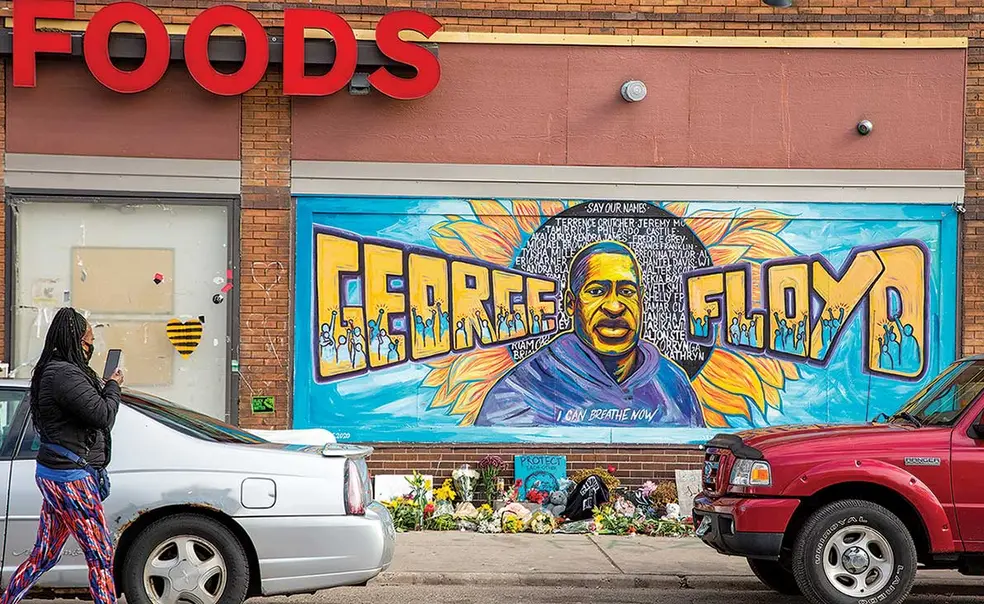Class Close-Up: Policing Class in 2021 Turns to Current Events
The class watched and dissected the opening arguments of the Derek Chauvin trial
In April, the day after former Minneapolis police officer Derek Chauvin was found guilty of murdering George Floyd, students in the class “Policing, Civil Rights, and Social Change” grappled with whether the verdict represented actual accountability.
Students held differing views. “For me this doesn’t look like accountability,” said Gina Feliz ’22, a concentrator in the School of Public and International Affairs. “Accountability means that every system that led to the death of a Black man by the hands of police needs to be reckoned with — not just one person.”
Earlier classes laid the foundation for this conversation to happen. “I spent a lot of time in the first couple of weeks building trust and making sure students were comfortable with sharing opinions in what felt like a safe space,” said Udi Ofer, a visiting lecturer in public affairs and head of the American Civil Liberties Union’s Justice Division, who taught the class. “I talked about my own views while at the same time explaining how I’m going to create an environment that accepts all views.”
Although Ofer has taught at the University for more than three years, he was inspired to create this new spring-semester class following the events of last summer, which reignited conversations around racial justice, police brutality, and mass incarceration. “This seminar is meant to bring this national conversation to life,” he said, “by studying both past and present policing in America and by introducing students to the current debates on policing in the United States.”
“This seminar is meant to bring this national conversation to life by studying both past and present policing in America … .” — Udi Ofer, visiting lecturer in public affairs
The class of nine students met on Zoom weekly to discuss aspects at the intersection of policing and civil rights, including Supreme Court decisions that have affected policing; concepts such as “broken-windows” policing, which links disorder within a community to more serious crime; and data such as the numbers of active police officers, budget statistics, the most common reasons for arrest, and the rate of prison growth. The central texts for the class were The New Jim Crow: Mass Incarceration in the Age of Colorblindness, by Michelle Alexander; From the War on Poverty to the War on Crime, by Elizabeth Hinton; and The End of Policing, by Alex S. Vitale. Students were required to analyze policy issues and suggest recommendations for change in their final papers.
The class syllabus was adapted to keep up with current events. That’s why Ofer decided to make time for the class to watch and dissect the opening arguments of the Chauvin trial. “We always try to make the conversation current because, as we’re studying these issues in the classroom, it is also happening in real time outside of the classroom,” he said.












No responses yet